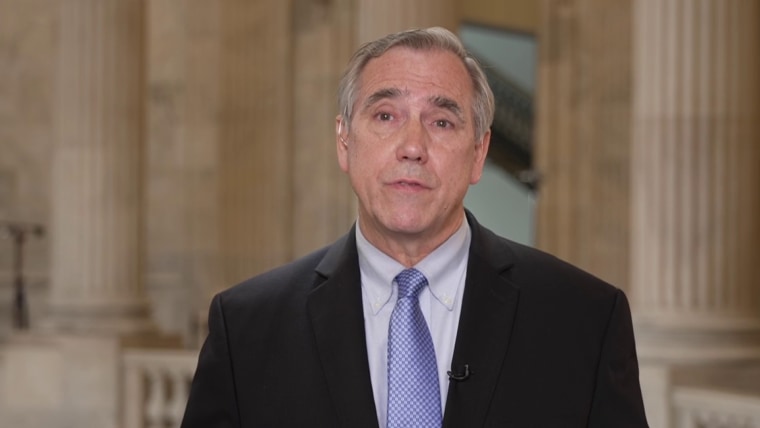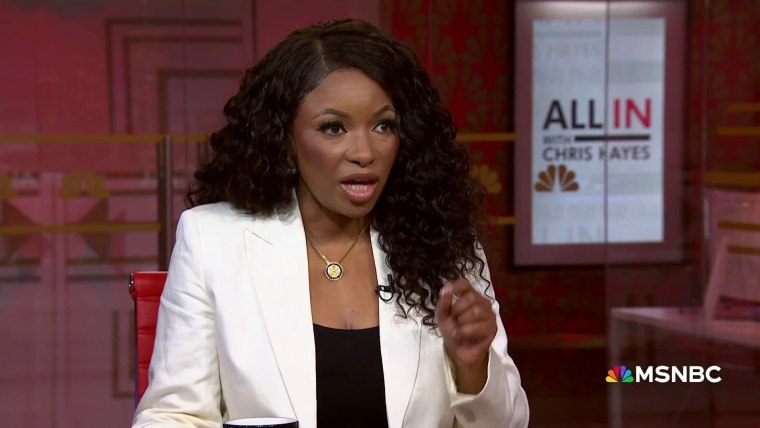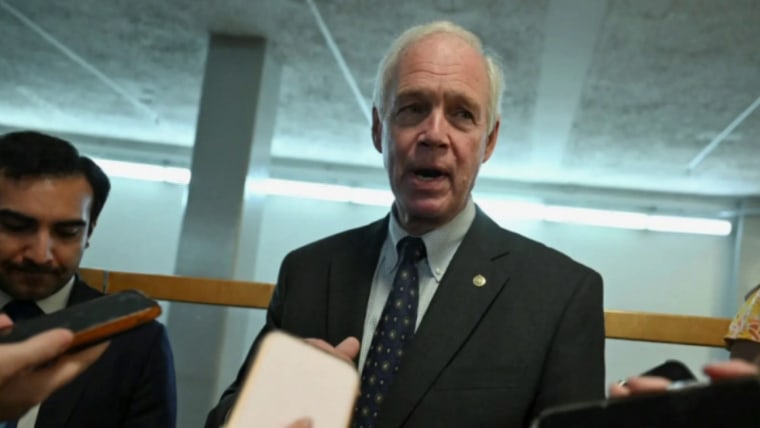In a speech in 2010, as the excruciating year-long debate over the Affordable Care Act neared its end, then-Speaker of the House Nancy Pelosi said, “We have to pass the bill so that you can find out what is in it, away from the fog of the controversy.” Her point was that GOP attacks were obscuring the bill’s many reforms. Once the law took effect, she predicted, Americans would come to understand how the law benefited them.
Pelosi’s line was widely lampooned at the time, but she was proven right: While a majority of Americans had an unfavorable view of the ACA after its passage, today around two-thirds of the public has a favorable view of the law. Like the ACA, the GOP’s “One Big Beautiful Bill Act” is remarkably unpopular as legislators finalize its text. But if Republicans are hoping for a similar turnaround in public opinion, new polls suggest they likely will be disappointed.
Republicans can take solace in the fact that many Americans feel they don’t know enough about the bill to form a view.
Multiple organizations have released surveys on the GOP megabill this week, and the toplines are brutal. A Washington Post/Ipsos poll shows just 23% of people saying they support the bill, compared to 42% who say they oppose it. A Pew Research Center poll finds 49% disapproval and just 29% approval, a Quinnipiac poll found respondents disapproving by 53% — 27%, and a KFF poll found unfavorable views beating favorable views by 64% — 35%.
If Republicans are looking for a silver lining in these numbers, they can take solace in the fact that many Americans feel they don’t know enough about the bill to form a view. In the Post poll, 34% percent say they have no opinion on the legislation; for Pew and Quinnipiac the numbers are 21% and 20%. Once they know more, Republicans can argue, Americans will come around.
But will they? Yes, there are a few provisions in the bill that survey respondents react to positively. But most of those will affect few Americans. Ending taxes on tips, for instance, gets a positive response in polls, but only 2 percent of workers would actually benefit from the change, and it could lead to more businesses requesting tips from customers, which is already a source of widespread annoyance.

Views of the ACA improved because of its biggest provisions: its ban on denials for pre-existing conditions, its dramatic expansion of Medicaid, and its subsidies for buying private health coverage. Views of this bill likewise will be defined by the two biggest things it does: its tax cuts taxes for the wealthy, and its reductions to Medicaid and SNAP, both used by Americans with modest incomes.
To say that the public is unenthusiastic about those ideas would be an understatement. As always, polls will get different results depending on how questions are framed, but the pattern is clear: extending the 2017 tax cuts gets a middling response, and cutting Medicaid and SNAP is about the worst thing you can suggest to voters.
If Republicans pass this bill and millions lose their health coverage, are Americans going to say that it was a great idea?
When polls ask whether people favor “extending the 2017 tax cuts” without going into any detail, support nears a majority (42% in the Pew poll, 49% in the Post poll). That’s without prompting people with information about how the tax cuts mostly benefit the wealthy — and in the Post poll, just 29 percent back extending the cuts for incomes above $400,000.
Then there are the benefit cuts. When the House passed its version of the budget, experts concluded that it would kick as many as 14 million people off their health coverage. Incredibly, the text from the Senate Finance Committee is even worse, using a variety of programmatic changes to cut deeper into the program and take coverage from more people.
In the Quinnipiac poll, only 10% of respondents favored cutting Medicaid, while 87% said spending should be kept the same or increased; even among Republicans just 18% favored cuts. Nor are cuts to food stamps popular; the Post poll, for example, showed opposition running 66%-23%.

Now let’s consider how people will feel a few years from now. If Republicans pass this bill and millions lose their health coverage, are Americans going to say that it was a great idea? The Yale Budget Lab projects that, when you combine this bill with Trump’s tariffs, the bottom 80% of Americans will see their income go down. When the rich get richer and everyone else gets poorer, will the public thank Republicans after all?
The difference between this bill and the ACA is that the ACA actually provided benefits people experienced, and still do. In fact, today more Republicans than Democrats get their coverage through the ACA marketplaces (and this bill would make that marketplace coverage tougher to get and easier to lose). More than 78 million Americans get their health insurance from Medicaid — if you don’t have it, there’s a good chance you know someone who does. So while the ACA continues to provide something people value, the GOP bill will hurt more people as time goes on.
Legislation is often difficult to explain to voters, both for supporters and opponents. But in the case of the “One Big Beautiful Bill Act,” its opponents’ task is easier: the bill’s most significant elements are not just unpopular, they reinforce one of Democrats’ strongest arguments against the Republican Party. The party that Democrats have argued will take away a cancer patient’s health cut to give a billionaire a tax cut is doing just that. And no amount of time will fix that.

